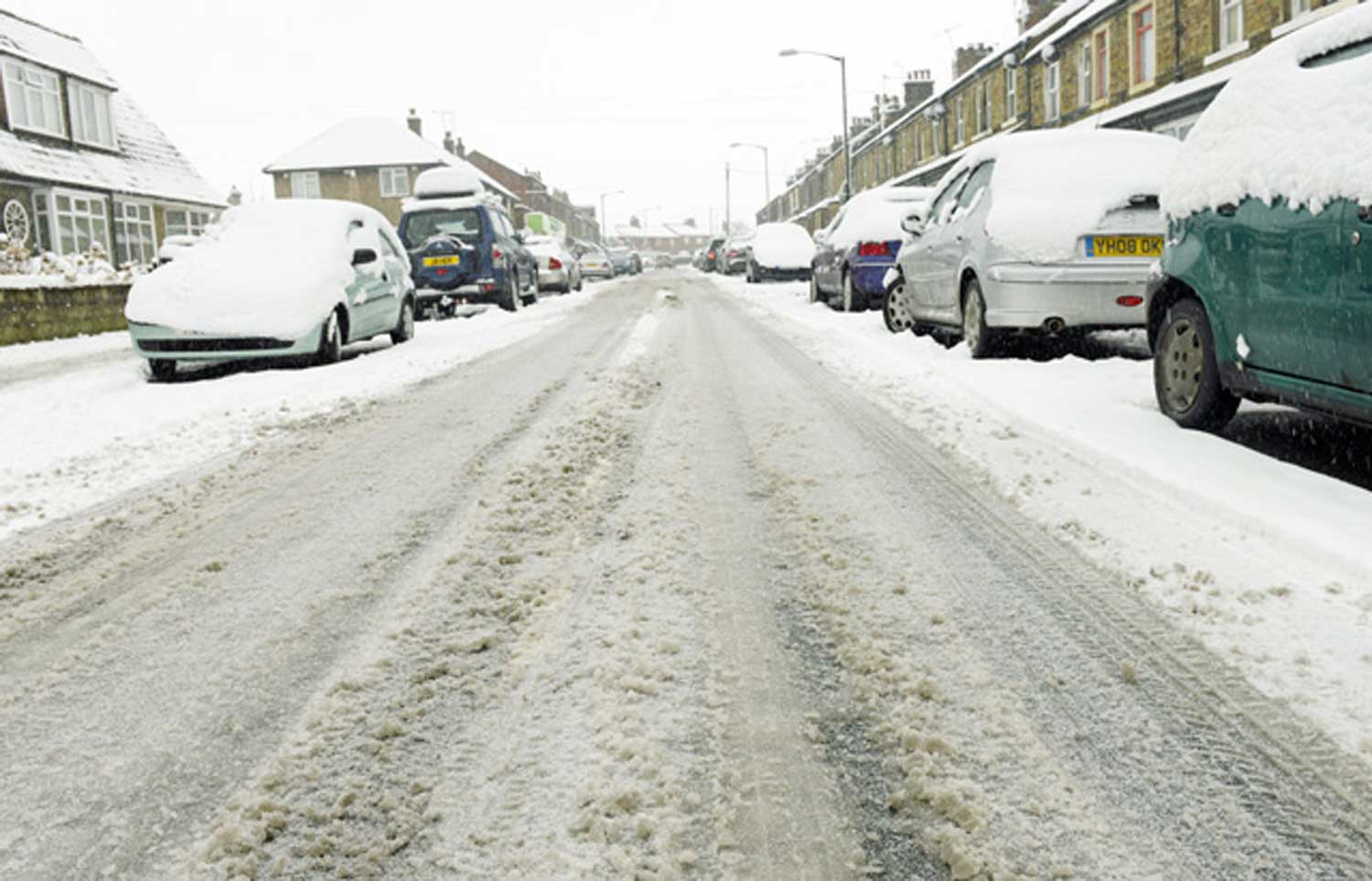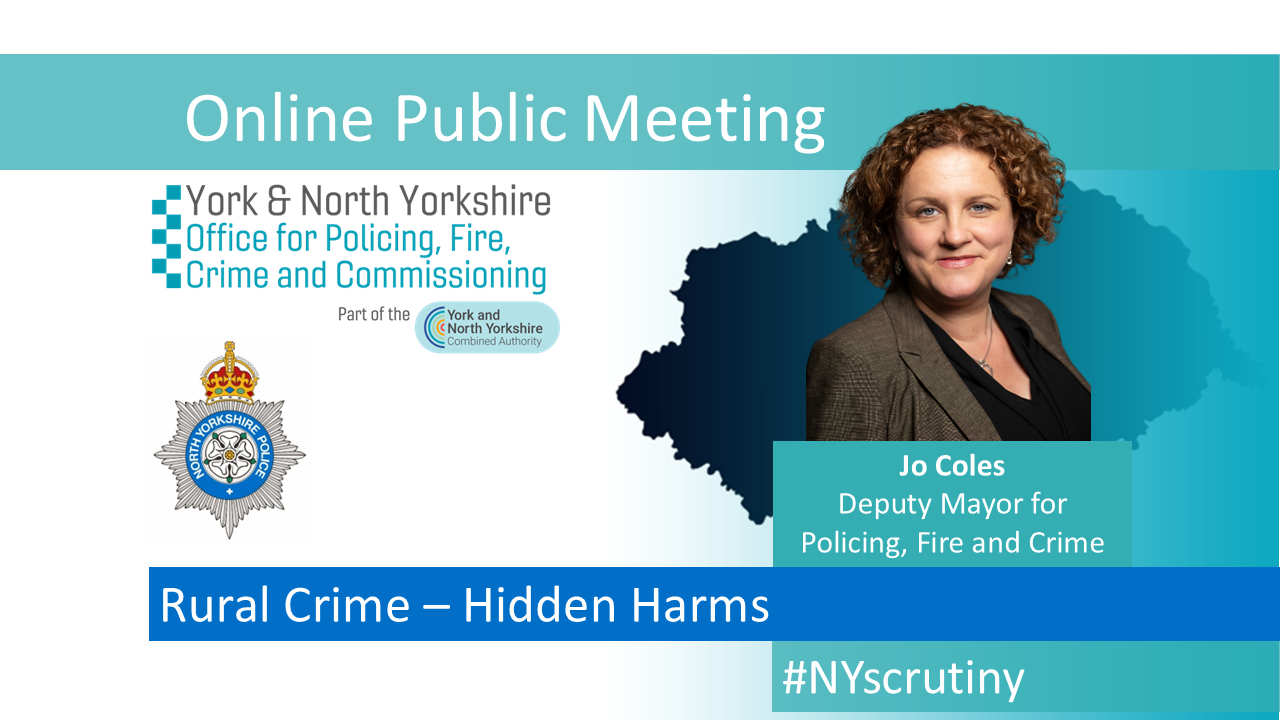Services across North Yorkshire County Council are ready to protect the most vulnerable residents and keep the county’s roads moving after the Met Office issued a yellow warning for the whole of North Yorkshire and an amber warning for parts of the county.
The fleet of gritters, supported by more than 100 farming contractors, will be on the roads as necessary to keep the network moving and our social care staff will liaise with care providers to safeguard those identified as most vulnerable.
County Council Chief Executive Richard Flinton said:
We, along with our partners, plan for severe weather, so our dedicated members of staff are equipped to ensure that everything possible is done to keep the roads open and to protect our most vulnerable residents.
Priority routes on the county’s roads have already been well salted and the farming contractors mobilised.
North Yorkshire 6,000-mile road network connects towns, villages and market towns across vast rural areas. The county council has already used more than 50,000 tonnes of salt and completed more than 7,000 gritting runs this winter, which exceeds the amount done in the whole of last winter. However, we have good salt stocks. The county council has a £6.5m budget for winter roads maintenance, but will spend more if weather conditions require it.
In addition to its fleet of 86 gritters, the county council can call on 111 farming contractors and a number of road and footway snowblowers to support the work to keep highways open. The gritting crews are on call 24 hours a day and typically start gritting at 5am.
Dealing with severe winter conditions on such a large road network is a complex operation, but it is a top priority to keep the county on the move. We continue to grit as required as we strive to keep the roads network open, but during heavy snowfall driving conditions may become difficult.
First priority is the major routes that connect or pass through the county’s towns and we will clear these, which may require repeated gritting runs, before moving on to our second level of priority routes that provide access to smaller communities.
Gritting does not always guarantee an ice-free road surface and salt is less effective the colder it gets. After a road is gritted, further snowfall can fall on top of the surface. This covers the salt and can make it look as if a road hasn’t been gritted. Traffic needs to drive over a gritted road to grind the salt and activate it. Salt alone does not melt snow and ice.
It is important for drivers to use caution and consider whether their journey is necessary. We may need to close roads for safety at short notice. For the latest information, people should listen to local radio and check the weather reports.
More information about the county council’s gritting priorities and procedure can be found at www.northyorks.gov.uk/gritting
Protecting the vulnerable
When severe weather is forecast, adult social care teams liaise with care providers, including voluntary groups, and they keep in regular contact with people who are being supporting. Providers know the people most at risk, prioritise those who need support and, if necessary, alert county council staff to any issues that they need to address together to keep people safe.
This winter, the county council has funded a major project to support those most at risk when temperatures drop. Warm & Well in North Yorkshire offers practical solutions to reduce fuel poverty and supports people and communities to stay warm and well in winter.
The scheme, delivered on behalf of the authority by Citizens Advice Hambleton, Richmondshire and Selby and District, helps those most at risk. More information is available at www.warmandwell.org.uk.
School closures
Schools will always aim to remain open, but sometimes in the most severe circumstances this is not possible.
Sometimes it becomes necessary, at the discretion of the head teacher, to close a school for the safety of pupils and staff travelling to school or because of the adverse effect of weather conditions on the school premises.
Schools may be closed at the start of the day or during the course of a school day. When a school is closed, the school’s first priority is to inform parents and staff before giving the information to local radio stations and the county council, which will publish details as soon as they are received at www.northyorks.gov.uk/schoolclosures







